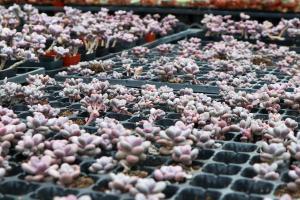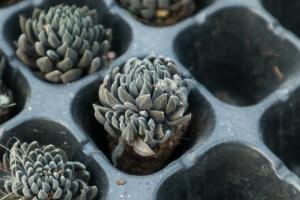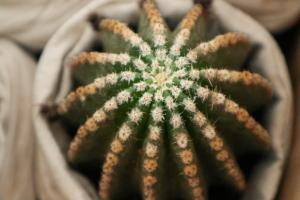Can I Bring My Tomato Plant Inside for the Winter?
Tomatoes are a popular plant to grow in outdoor gardens during the warmer months. However, as winter approaches, many gardeners wonder if they can bring their tomato plant inside to protect it from the cold. The answer is yes, you can bring your tomato plant inside for the winter, but there are a few things to consider before doing so.
Choosing the Right Plant
Not all tomato plants are suitable for indoor growth, so it's essential to choose the right plant. Look for dwarf or compact varieties, as they tend to be smaller and more manageable. Additionally, consider the plant's maturity level; it's best to bring in a plant that's already matured, rather than a younger plant. This way, it's more likely to survive the stress of being moved inside.
Preparing the Plant for Indoors
When moving a tomato plant inside, it's essential to prepare the plant properly. Begin by gently removing any dead or damaged leaves and cutting back any overly long branches. This will ensure that your plant has the best chance of survival inside. Additionally, consider repotting your plant into a larger pot, as this will give it more room to grow and thrive.
Providing the Right Environment
Tomatoes require a lot of sunlight and warmth to grow, so it's essential to provide the right environment. Place your tomato plant in a sunny location, ideally near a south-facing window. Additionally, consider using grow lights if your plant doesn't receive enough natural light. The ideal temperature for indoor tomato plants is between 65-70 degrees Fahrenheit.
Watering and Fertilizing
When moving your tomato plant indoors, its watering and fertilizing needs may change. Water your plant thoroughly once a week, but make sure not to overwater, as this will cause root rot. Additionally, consider fertilizing your plant every two weeks, using a balanced fertilizer that's high in phosphorus to promote root growth.
Pests and Diseases
Indoor tomato plants are not immune to pests and diseases, so it's essential to monitor your plant regularly. Common pests such as spider mites, aphids, and whiteflies can damage your plant, while diseases such as Fusarium wilt and powdery mildew can cause plant death. Use natural pest control methods such as neem oil and remove any infected leaves promptly to keep your plant healthy.
In Conclusion
Bringing your tomato plant inside for the winter is a viable option and can be a rewarding experience. Ensure that you choose the right plant, prepare it correctly, provide the right environment, and monitor for any pests and diseases. With proper care and attention, your indoor tomato plant can thrive throughout the winter months.

 how many times do yo...
how many times do yo... how many planted tre...
how many planted tre... how many pine trees ...
how many pine trees ... how many pecan trees...
how many pecan trees... how many plants comp...
how many plants comp... how many plants can ...
how many plants can ... how many plants and ...
how many plants and ... how many pepper plan...
how many pepper plan...
































